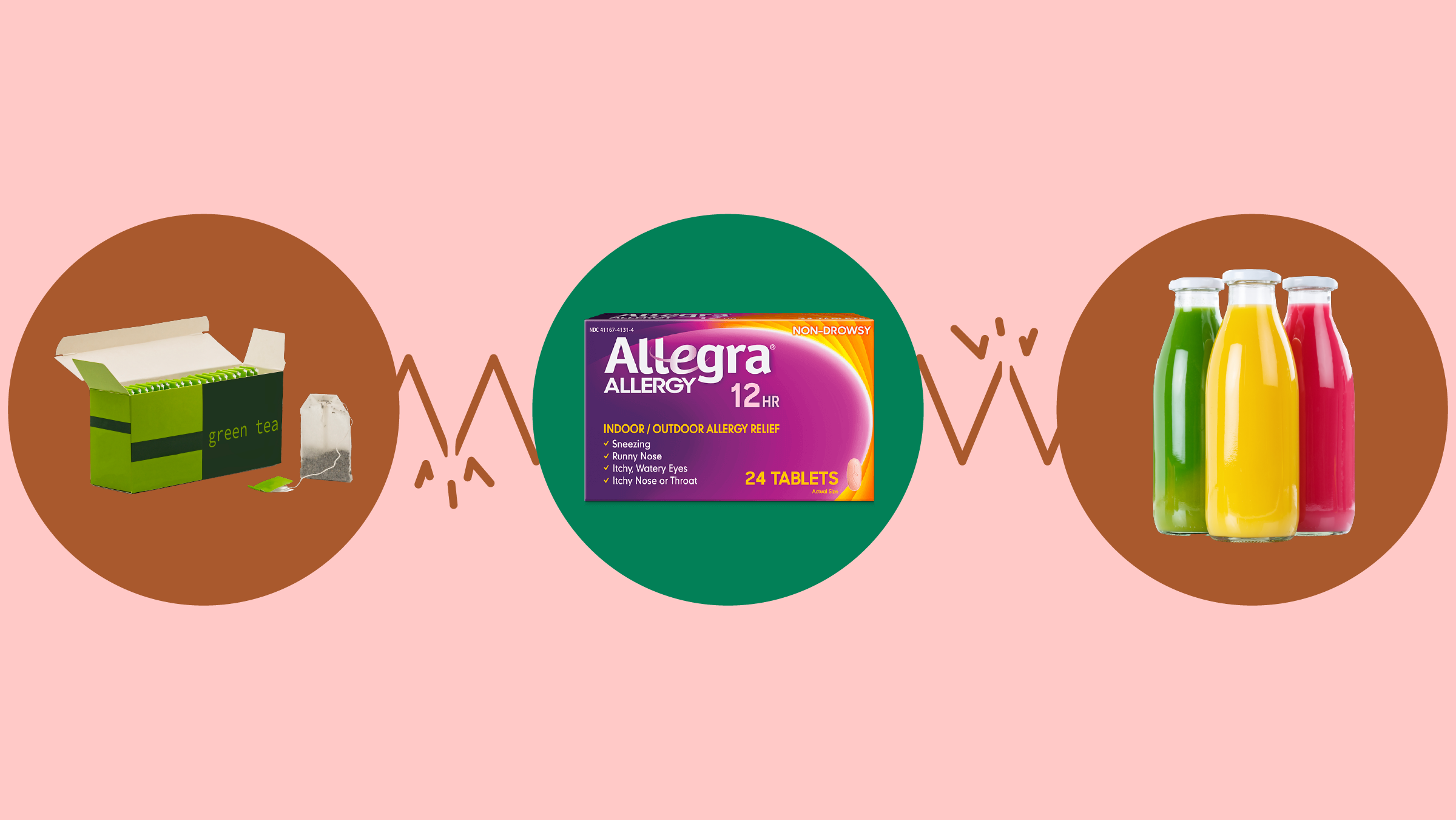
That first warm breeze of spring. The golden glow of a late summer afternoon. For many of us, these beautiful seasonal shifts come with a less-welcome guest: the dreaded sniffles, sneezes, and itchy eyes of seasonal allergies. If you’re tired of reaching for the same over-the-counter remedies year after year—or if they just don’t seem to cut it anymore—you’re not alone. Honestly, more and more people are looking for a different path.
Here’s the deal: a holistic approach doesn’t mean throwing your antihistamines in the trash. It’s about building a fortress of wellness from the inside out. It’s working with your body’s systems, not just slapping a bandage on the symptoms. Let’s dive into some powerful, natural strategies that can help you reclaim the seasons.
Your Internal Defense System: Diet and Gut Health
You know the saying, “you are what you eat”? Well, when it comes to allergies, it might be more like “you sneeze what you eat.” A huge portion of our immune system resides in our gut. So, it makes perfect sense that supporting gut health is a cornerstone of managing immune overreactions—like allergies.
Foods to Embrace
Think anti-inflammatory and antioxidant-rich. These are your new best friends.
- Quercetin Powerhouses: This natural compound is a rockstar. It acts as a natural antihistamine, stabilizing the cells that release histamine. Find it in onions, apples, capers, broccoli, and citrus fruits.
- Probiotic-Rich Foods: Fermented foods like yogurt (with live cultures), kefir, kimchi, and sauerkraut help cultivate a healthy gut microbiome, which is crucial for a balanced immune response.
- Omega-3 Fatty Acids: Their anti-inflammatory properties can help calm your body’s overall inflammatory load. Load up on fatty fish like salmon, walnuts, and flaxseeds.
- Spice It Up: Turmeric, with its active compound curcumin, and ginger are potent natural anti-inflammatories. Add them to soups, smoothies, and curries.
Foods to Maybe Avoid
During peak allergy season, you might consider reducing foods that can promote mucus production or inflammation. For some people, that means cutting back on dairy, gluten, or highly processed foods. It’s not a hard rule for everyone, but paying attention to how you feel after eating them can be a revealing experiment.
Your Environment: Creating a Pollen-Free Sanctuary
You can’t control the weather, but you can absolutely control your immediate environment. Think of your home as your clean-air safe zone.
- Become a Shower-at-Night Person: Pollen clings to your skin, hair, and clothes. Washing it off before you get into bed prevents you from essentially sleeping in a pollen soup all night.
- Keep Windows Closed: I know, it’s tempting to let that fresh air in. But on high-pollen days, it’s better to rely on air conditioning. Make sure your AC unit has a clean filter—and consider investing in a HEPA air purifier for your bedroom.
- Frequent Cleaning: Vacuuming with a HEPA-filter vacuum and dusting with a damp cloth can significantly reduce indoor allergens. Don’t forget about your pets—they can track pollen inside, so wipe their paws too.
- Check the Forecast: Pollen counts are usually highest on warm, windy, dry days and lowest on rainy, windless ones. Plan your outdoor activities accordingly.
Natural Remedies and Supportive Practices
This is where ancient wisdom meets modern need. Several natural supplements and practices have shown real promise in taking the edge off allergy symptoms.
Supplements to Consider
Important: Always talk to your doctor before starting any new supplement, especially if you’re on other medications.
| Supplement | Potential Benefit | How to Think About It |
| Butterbur | Some studies show it can be as effective as some antihistamines for hay fever. | A powerful herbal option. Look for PA-free products. |
| Spirulina | This blue-green algae may reduce inflammation and allergic response. | More of a long-term build-up, not instant relief. |
| Stinging Nettle | A traditional remedy that acts as a natural anti-inflammatory. | Often taken as a tea or freeze-dried in capsules. |
| Local Raw Honey | The theory is that it exposes you to local pollen, acting like a natural immunotherapy. | The evidence is anecdotal, but it’s a delicious experiment. |
The Mind-Body Connection
Stress is a known trigger for inflammation and can worsen allergy symptoms. Practices that calm the nervous system can, in turn, calm an overactive immune response.
- Nasal Irrigation (Neti Pot): This isn’t glamorous, but my goodness, is it effective. Flushing your nasal passages with a saline solution physically washes away pollen and mucus. It’s like a power wash for your sinuses.
- Mindfulness & Meditation: Chronic stress raises cortisol levels, which can exacerbate inflammation. Even five minutes of deep breathing can signal your body to relax.
- Acupuncture: Many people find significant relief through regular acupuncture sessions. It’s thought to help modulate the immune system and reduce inflammation.
Putting It All Together: A Holistic Routine
This might feel like a lot. Don’t try to do everything at once. Start small. Maybe this week, you start taking a shower at night and add some local honey to your tea. Next week, you could try a Neti pot or incorporate more quercetin-rich foods into your diet.
The goal isn’t perfection. It’s progress. It’s about building a toolkit of habits that support your body’s resilience. Some days you might still need that antihistamine, and that’s okay. The holistic approach gives you more tools so you might not need it as often, or the symptoms might be far less severe.
Ultimately, it’s about shifting from a mindset of combatting symptoms to one of cultivating wellness. It’s a gentler, more sustainable way to navigate the turning of the seasons—and maybe even enjoy them again.

